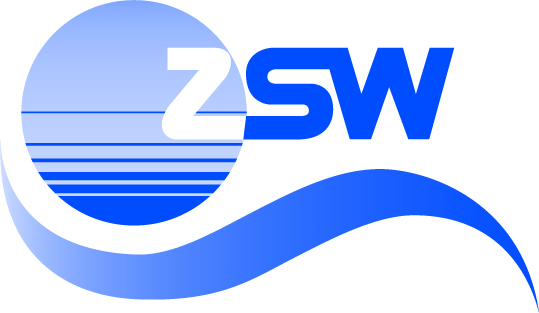The CE mark for the demonstration system “Made in Baden-Württemberg” put the seal on the successful conclusion of the project which was funded by the Baden-Württemberg Ministry of Economic Affairs, Labour and Tourism. The companies involved in the industry-wide discussion accompanying the project had the opportunity to visit the facility in the laboratory block at the Centre for Solar Energy and Hydrogen Research Baden-Württemberg in Stuttgart at the closing event on 18 July 2023.
Government minister Dr. Nicole Hoffmeister-Kraut congratulated the project consortium on the success of the project in a press release from the Baden-Württemberg Ministry of Economic Affairs on 18 July 2023. “The run of success for ‘electrolysis’ must be continued. The market is in line for huge growth and offers considerable potential for added value.”
There are plans to continue to operate the demonstration system in the H2 GeNeSiS model region and to feed hydrogen into the new hydrogen pipeline along the river Neckar.
Technology comparison AEL and PEMEL
- Study completed (10/2024 / german only)
Based on real measurement data and literature data, the two market-ready electrolysis technologies AEL and PEMEL were technically compared with each other. The study provides an overview of the technical fundamentals, compares various technical properties of the two technologies, highlights economic aspects and compares specific advantages and disadvantages of the two technologies.
The website “Electrolysis Made in Baden-Württemberg” will be continued with this in mind. It will also provide information in the future on current developments and trends in the field of electrolysis at state level. This will include details of newly emerging H2 hubs as possible references and also test facilities for electrolysis components.
Check out our policy brief which addresses the challenges and opportunities for companies doing business in the hydrogen sector (german only). A policy brief is a document which provides a concise summary of complex political or economic issues and concrete recommendations for those responsible for making decisions.
The policy brief sheds light on the uncertainties faced by companies when deciding to enter the hydrogen market and offers solutions as to how to tackle these challenges. It discusses various issues, including the importance of a reliable regulatory framework and technological innovations for a successful ramp-up in this emerging sector. Despite global economic imbalances, it presents possible approaches to strengthening the European hydrogen market, including measures which might be put in place to support “first movers” and the establishment of a clear-cut electricity price for the production of green hydrogen.


